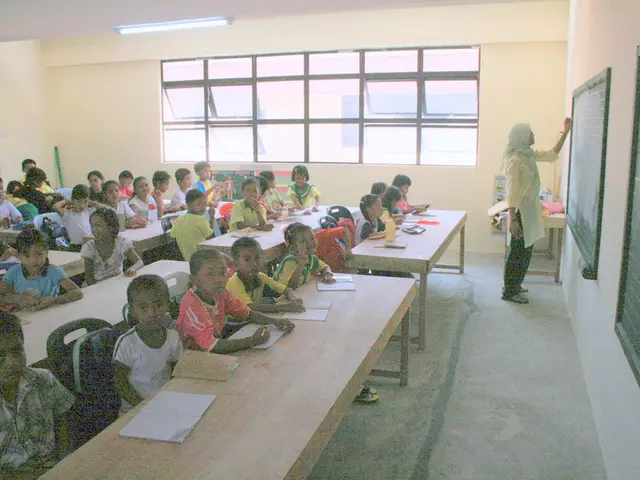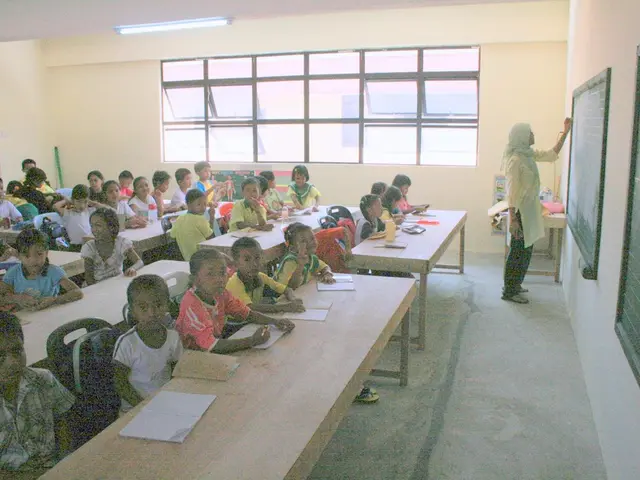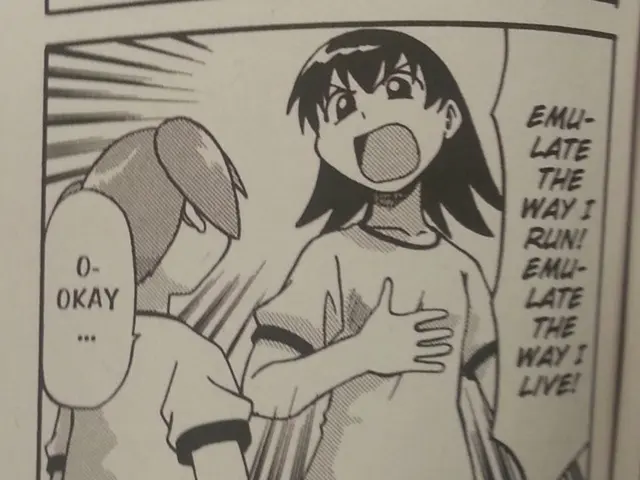International Baccalaureate Key Principles: An Overview of the Core Components
The International Baccalaureate Diploma Programme (IBDP) is a rigorous academic journey that equips students with a broad and balanced education. At its heart lies the IB Core, a central part of the programme that consists of three main components: Theory of Knowledge (TOK), Extended Essay (EE), and Creativity, Activity, Service (CAS).
Theory of Knowledge (TOK) is a two-year interdisciplinary course taught over junior and senior years by IB-trained teachers. It encourages students to explore the nature of knowledge itself, fostering critical thinking about knowledge claims across disciplines. TOK discussions and assignments revolve around questions such as whether knowledge can be independent of culture or how mistakes contribute to knowledge development.
Extended Essay (EE) is an independent, self-directed research paper of up to 4,000 words on a topic chosen by the student within an IB subject area. The EE develops research, writing, and critical thinking skills similar to a college-level paper. Choosing a topic that truly interests you and planning thoroughly are recommended for a successful outcome. The EE, when combined with TOK work, can contribute up to three additional points to the diploma score.
Creativity, Activity, Service (CAS) is a practical component requiring students to engage in activities beyond academics, encompassing creative endeavors, physical activity, and community service. Setting achievable goals and reflecting regularly on experiences is important for growth in this area. Examples of CAS activities include launching business ideas, contributing to newspapers, trekking, rock climbing, mural painting, or community recycling projects. Completion of CAS is mandatory for earning the diploma but does not contribute directly to points scored.
In essence, while students must pass six exam courses, they must also successfully complete these core components to be awarded the IB Diploma. CAS emphasizes experiential learning and community engagement, TOK promotes critical evaluation of knowledge itself, and the EE develops independent research and academic writing skills.
For students seeking guidance in managing their IB Core workload, brainstorming Extended Essay ideas, and planning CAS projects, resources such as RevisionDojo can be invaluable. The IB Core is designed to broaden students' academic experience and challenge them to apply their knowledge and skills, preparing them for university and life beyond school.
[1] International Baccalaureate Organisation. (n.d.). IB Diploma Programme Core. Retrieved from https://www.ibo.org/programmes/diploma-programme/curriculum/theory-of-knowledge/ [2] International Baccalaureate Organisation. (n.d.). IB Diploma Programme Core. Retrieved from https://www.ibo.org/programmes/diploma-programme/curriculum/extended-essay/ [3] International Baccalaureate Organisation. (n.d.). IB Diploma Programme Core. Retrieved from https://www.ibo.org/programmes/diploma-programme/curriculum/creativity-activity-service/ [4] International Baccalaureate Organisation. (n.d.). IB Diploma Programme Core. Retrieved from https://www.ibo.org/programmes/diploma-programme/curriculum/ [5] International Baccalaureate Organisation. (n.d.). IB Diploma Programme Core. Retrieved from https://www.ibo.org/programmes/diploma-programme/assessment/extended-essay/
Engaging in Theory of Knowledge (TOK) cultivates personal growth by encouraging students to critically question knowledge claims, exploring its interconnections across disciplines.
The Extended Essay (EE), an independent research paper, fosters learning by developing research, writing, and critical thinking skills, similar to college-level work.







